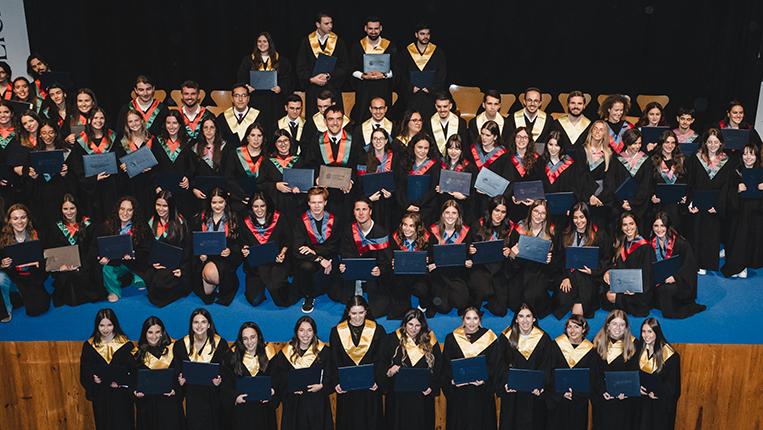Studies on the neurophysiological correlates of different psychological processes in a wide variety of contexts and conditions are carried out at HNL. Its main objectives are to explore social behavior, the pattern of emotional responsiveness, and the regulation of emotions.
There are currently six lines of research in our laboratory:
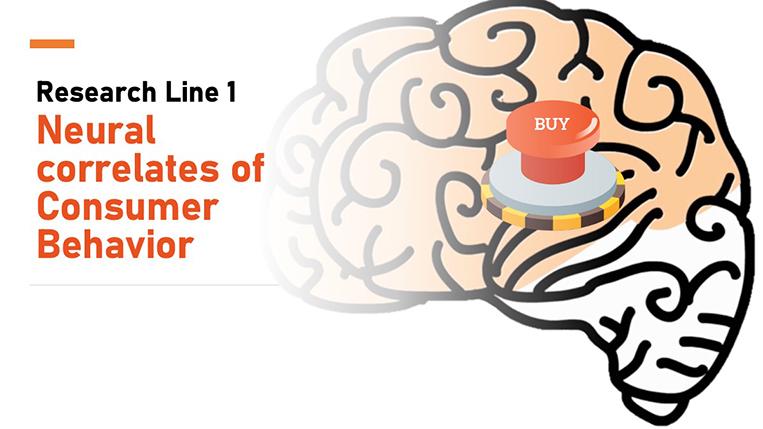
The ever-increasing competitive landscape, the pace of the latest technological innovations, shorter product life cycles, and consumer demands for more efficient options will require businesses to be aligned with the latest advances and innovations to study consumers' behaviors. A multidisciplinary science such as Neuroscience allows exploring the brain functioning pattern, optimizing the literature increase through consumer impact, and directing human behavior to predict direction further. Several neurophysiological techniques can be applied to different consumer devices to record the impact of information and stimuli, allowing the decision-making process to be monitored.
Two of the projects included in this line of investigation are:

BE@T: BE@T: investment TC-C12-i01” – Sustainable Bioeconomy, financed by the Recovery and Resilience Plan (PRR)

BioShoes4All: framed in Notices nº 01/C12-i01/2021 e nº 02/C12-i01/2021, financed through the Program for Recovery and Resilience (PRR).

VIIAFOOD - Diet65+ - Project integrated into the VIIAFOOD Agenda – Platform for Valorization, Industrialization, and Commercial Innovation for the Agri-Food Sector (No. C644929456 00000040), funded through the Recovery and Resilience Program (PRR).
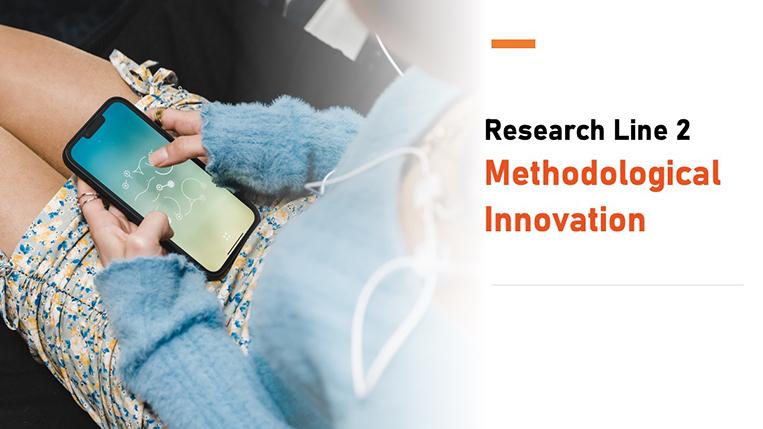
The HNL has contributed in methodological terms to the field of Neurosciences by validating several paradigms and databases. One of the significant challenges in experimental studies involving the monitoring of peripheral neurophysiological measures is the choice of appropriate stimuli to record the basal activity of participants to calculate the pattern of reactivity (i.e., before being stimulated or being involved in cognitive tasks).
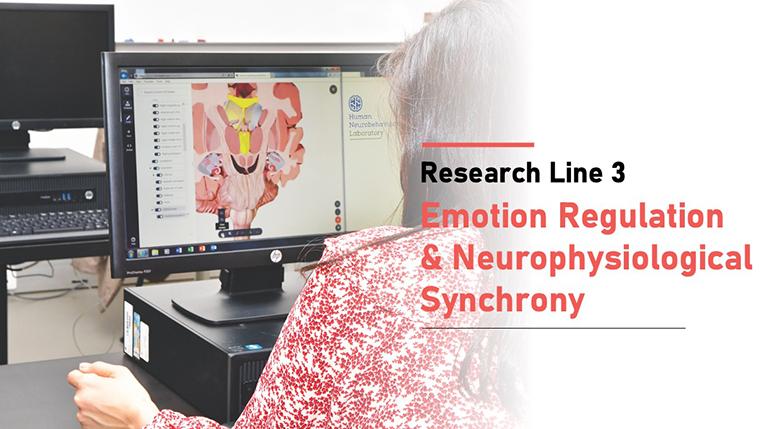
Emotional regulation is primarily an interpersonal phenomenon. HNL has a very active line of research that examines neurophysiological correlates and neurophysiological synchrony in interpersonal dyadic interactions. Most studies compare the degree of synchrony during a dyadic interaction with the capacity for emotional regulation and with different characteristics of the members of the dyad.
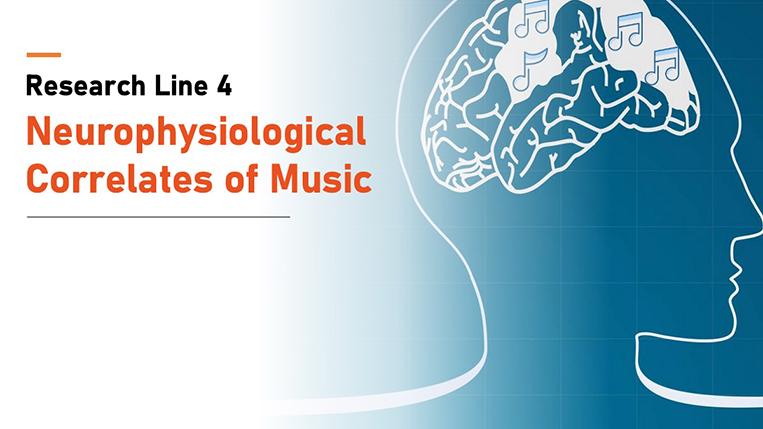
According to literature, music is one of the most widespread and accessible forms of artistic expression. Moreover, it is one of the most important languages of emotions, or as the Finnish composer Jean Sibelius once said: "music begins where words end." In contemporary societies, individuals are constantly exposed to music, and interaction with it takes place at various levels: aesthetic, emotional, cognitive, and therapeutic, among others.
Music is one of the various lines of research at HNL, including projects that range from studying the impact of music teaching on emotional regulation and brain functioning to studying motivation and parental support as predictors of academic musical success. In this line of research, more experimental studies associated with neurophysiological correlates are also developed.
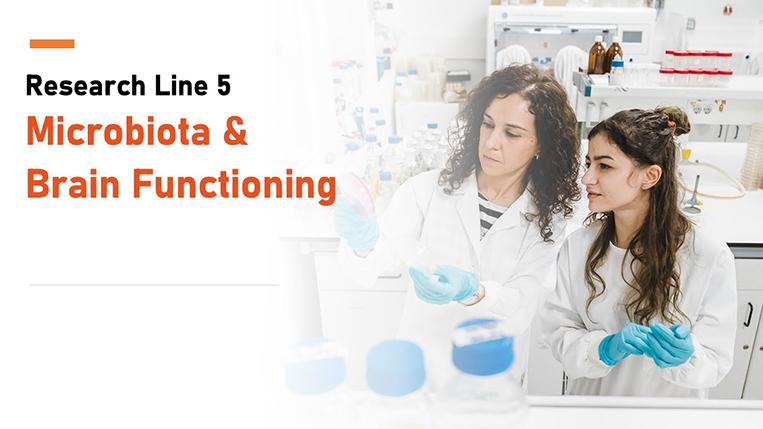
It may seem a challenging mental exercise to imagine that in this day and age, there may still be an organ within our body that is essential to perceiving our behavior and the sensitive balance between health and illness, yet is still largely neglected. But in fact, one organ can be described in this way. That organ is the gut or the entire community of microorganisms that populate that organ. HNL studies the effect of modulation (by probiotics, prebiotics, and symbiotics) of the gut microbiota on brain function and clinical conditions associated with the nervous system.
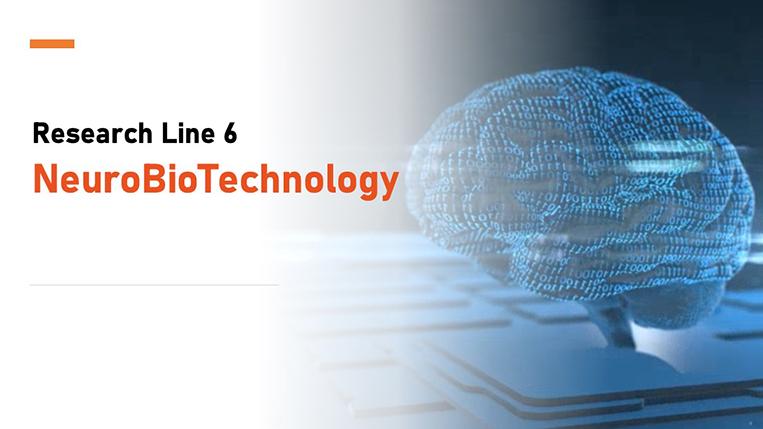
The NeuroBTec project aims to promote the interconnection and develop research excellence between two research centers, the Research Centre for Human Development (CEDH) and the Centre for Biotechnology and Fine Chemistry (CBQF), in order to enhance the development of multidisciplinary projects that link the areas of biotechnology and psychology, as well as the interconnection of academic knowledge with the industry.
RECENTLY FINISHED PROJECTS

The CAPSULE project aimed to study the neurophysiological correlates of emotion regulation in the face of potential deleterious effects of media on body satisfaction. It was funded by the BIAL Foundation and was implemented simultaneously in three countries:
- In Portugal
The project headquarters, whose PI is the director of the HNL, Patrícia Oliveira-Silva. Other researchers from the UCP were Bárbara César Machado and Pedro Dias. And from University of Coimbra, Óscar F. Gonçalves.
- In the United States
Whose coordinator is the researcher Rachel F. Rodgers of the Bouvé College of Health Sciences of Northeastern University in Boston;
- In England
Mike Marriott, a researcher from the Psychology Department of the Nottingham Trent University in Nottingham (UK), is the CAPSULE coordinator in the UK.

